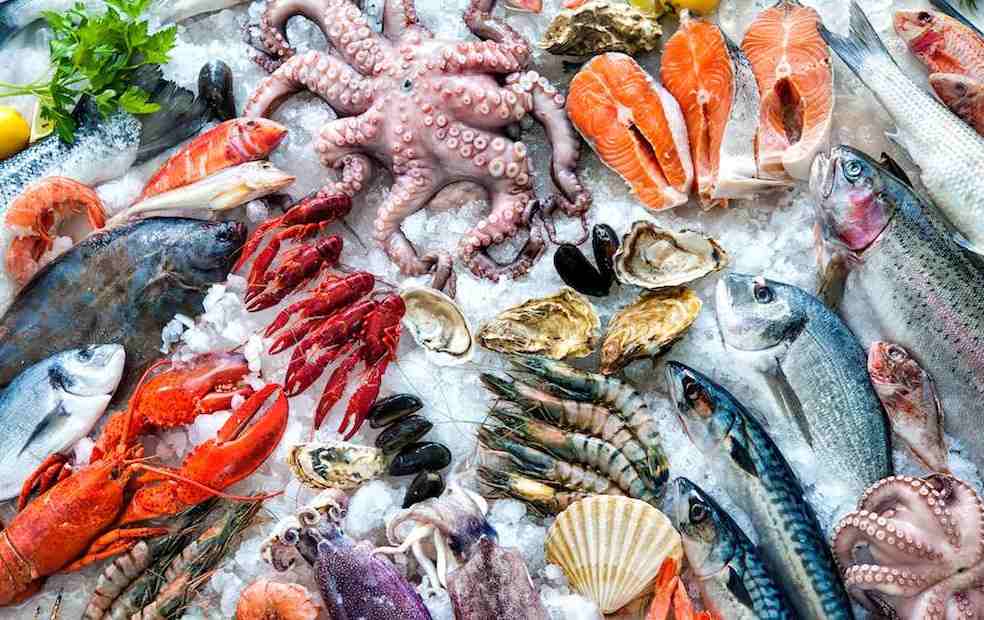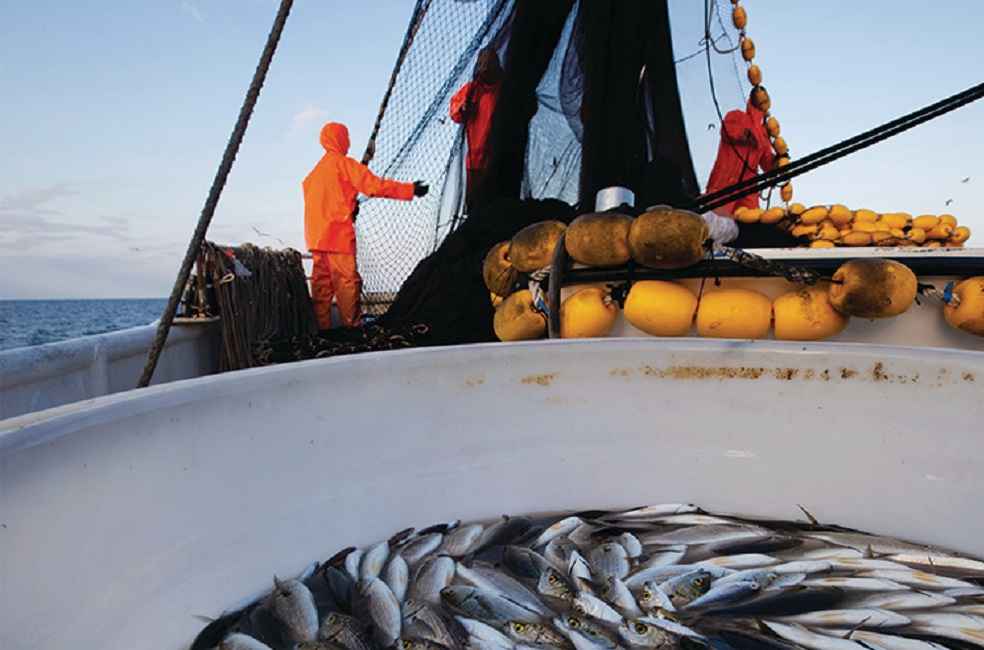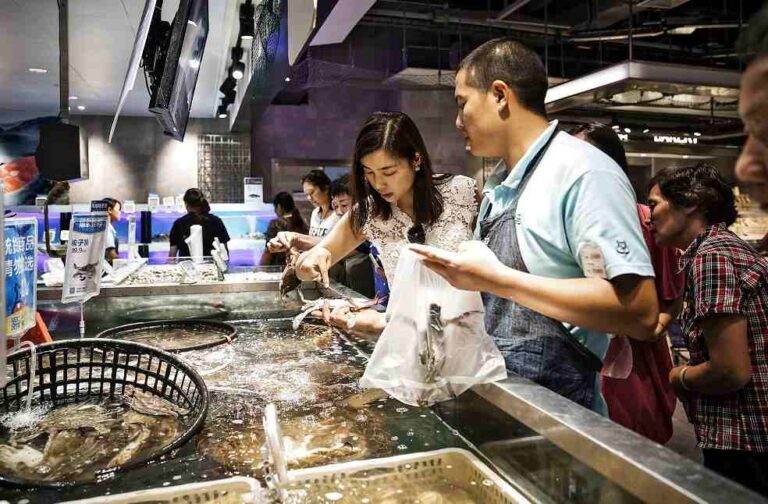Japan has implored China to reconsider the comprehensive prohibition on its seafood products. This decision materialized after Japan decided to release treated water from the Fukushima nuclear plant, backed by extensive scientific evidence and global expert opinions.
China, known as Japan’s premier seafood aficionado, defended this stance, citing health concerns for its populace. Yet, scientific consensus contradicts this, emphasizing that the release poses no threat to marine ecosystems or seafood consumption.
Henry Gao, an astute expert in international trade law, suggests the ban’s underlying motive isn’t safety, but geopolitical dynamics. “It is mainly due to Japan’s moves against China,” Gao elucidated.

Following the water discharge, International Atomic Energy Agency (IAEA) monitors validated the pristine quality of the waters. Test outcomes showcased radiation levels that remarkably undercut Japan’s stringent benchmarks — a magnitude seven times beneath the universal potable water metric.
Despite initial reservations among Japanese fisherfolk, market analysts anticipate a brief and limited impact on the seafood trade. While international markets, including China, remain pivotal, Japan’s domestic audience claims the lion’s share of consumption. Leading seafood magnates, Nissui and Maruha Nichiro resonated with this perspective, projecting minimal fallout from the embargo.
Beyond China’s boundaries, no overarching prohibition looms. Yet, South Korea persists with a discerning embargo on seafood imports from Fukushima and adjacent territories.

Expert analyses further debunk concerns. Even excessive seafood consumers will experience negligible radiation exposure, a minuscule fraction of safe limits, says Mark Foreman, a nuclear chemistry expert from Sweden.
Economically, the ramifications of this ban appear trivial. Notwithstanding their status as top consumers, mainland China and Hong Kong only marginally bolster Japan’s seafood exports. Pundits speculate that this embargo will barely dent Japan’s financial landscape, considering seafood’s minimal representation in Japan’s exhaustive global trade portfolio.
Public sentiment vacillates. Protests erupt in South Korea, and within Japan’s borders, the government is keen on restoring faith among its citizens. To fortify the industry, Osaka’s top brass proposed featuring Fukushima seafood prominently within government edifices. Tepco, stewarding the Fukushima operation, committed to remunerations for potential business downtrends.

Amidst this tableau, the Chinese embargo kindled a spirited response among Japan’s denizens. Twitter saw locals jesting about a potential seafood windfall domestically, anticipating plummeting prices. “Good news amid inflation…. Even Hokkaido sea urchin will be super cheap,” an exuberant user shared.
As Japan charts its course through these turbulent tides, a salient takeaway crystallizes: geopolitical tussles might momentarily impede commerce, yet the fortitude of a nation, bolstered by empirical science, invariably charts a progressive trajectory.
LATEST NEWS | Hong Kong to Ban Japanese Seafood Amid Nuclear Wastewater Concerns



